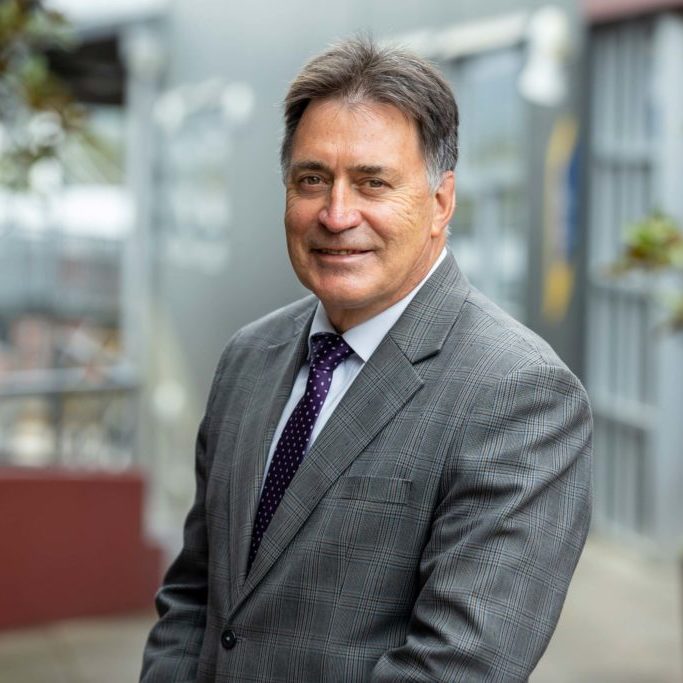Why aren’t more schools taking a strategic approach to sustainability?
It’s a question I will pose later this year when I outline Beaconhills College’s sustainability strategy at the AHISA (Association of Heads of Independent Schools Australia) Biennial Conference.
I believe many schools are delivering some good environmental initiatives, but many others are still not making sustainability a priority. Policy makers, businesses and education all have responsibilities to make a difference and be leaders in sustainability. Unfortunately, we are not seeing our governments lead, despite the clear science on the need.
This week – as we approach World Environment Day on Saturday, 5 June – is a good opportunity to put a ‘green focus’ on some of our College’s achievements. To look at how we are trying to change culture and improve practices. You will even see a green theme on our Facebook page during the week.
What Beaconhills is doing?
In 2013 Beaconhills College embarked on the first stage of an ambitious strategic program towards sustainability. Our College was growing quickly and our environmental footprint was ever-increasing. We are now in the third year of our latest Strategic Environmental Management Plan. Our recently-published Green Report, available on the College website, tracks our progress.
Just one of our many initiatives has been the progressive move to solar power. By the end of this year we will have around 870kW of solar systems installed across our two campuses, offsetting nearly half of our electricity use from the grid. We have community gardens producing food for our canteens and the wider community, worm farms gobbling up 350kg each week of organic waste, sustainably-built learning spaces and building practices (we successfully recycled more than 96 per cent of waste from the Berwick Campus performing arts centre deconstruction). We have increasingly less reliance on mains water, comprehensive recycling systems and an emphasis on sustainable procurement from our business partners.
But it’s so important that all of us, individuals and organisations, live our own version of sustainability, no matter how large or small.
From a school’s perspective, I strongly believe in leading by example. To build a sustainable future requires a call to action in all parts of the community; staff, students and families.
Our aim is not to ‘be the best school in the world’, but to ‘be the best school for the world’.

